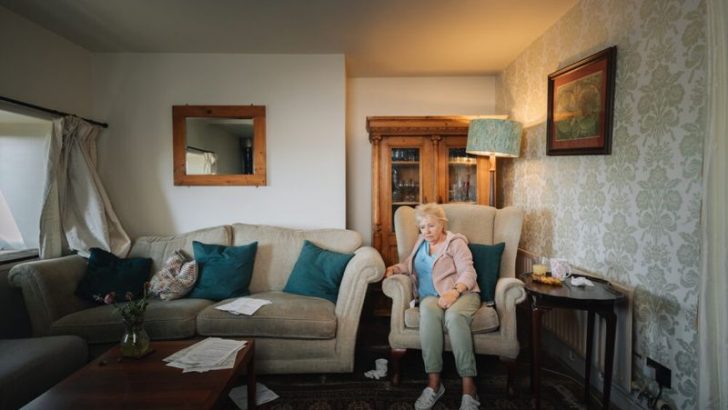As people age, maintaining self-care can become increasingly challenging. It’s essential to recognize when someone might need assistance to ensure their well-being and dignity. While each individual’s situation is unique, certain signs often indicate that an elderly person might be neglecting their self-care. These signs can range from physical appearance to changes in behavior, and they often signal the need for additional support or intervention. By understanding these signs, caregivers and family members can take proactive steps to provide help, ensuring that the elderly enjoy a healthier, more fulfilling life. Here are 13 signs to watch for.
1. Neglected Personal Hygiene
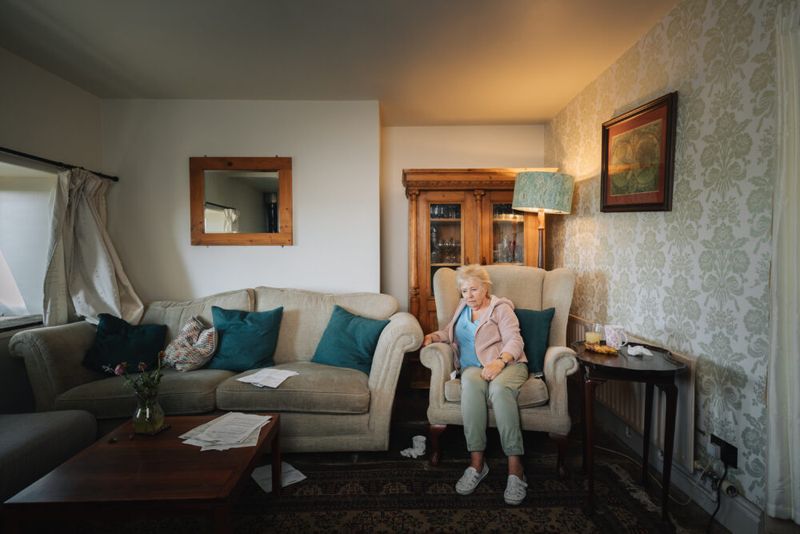
It’s not uncommon for older individuals to start neglecting personal hygiene. This can manifest as irregular bathing, wearing soiled clothes, or failing to groom properly. The reasons behind this neglect can be varied. They might be dealing with depression, physical pain, or simply finding the task too cumbersome.
Family members may notice a change in odor or dishevelment, sparking concern. It’s vital to approach the subject delicately, offering assistance without judgment. A compassionate conversation can often open doors to understanding and helping them find solutions.
2. Unexplained Weight Loss

Unexplained weight loss in the elderly can be a red flag. Sudden drops in weight may indicate they are not eating properly or could be struggling with a health issue. This change might be due to a lack of interest in food, difficulty cooking, or problems with dentures making eating uncomfortable.
Family members should pay attention to the contents of their loved one’s kitchen or pantry. Encouraging meal deliveries or assistance with grocery shopping can make a big difference. Addressing this issue promptly can help prevent further health complications.
3. Clutter and Hoarding
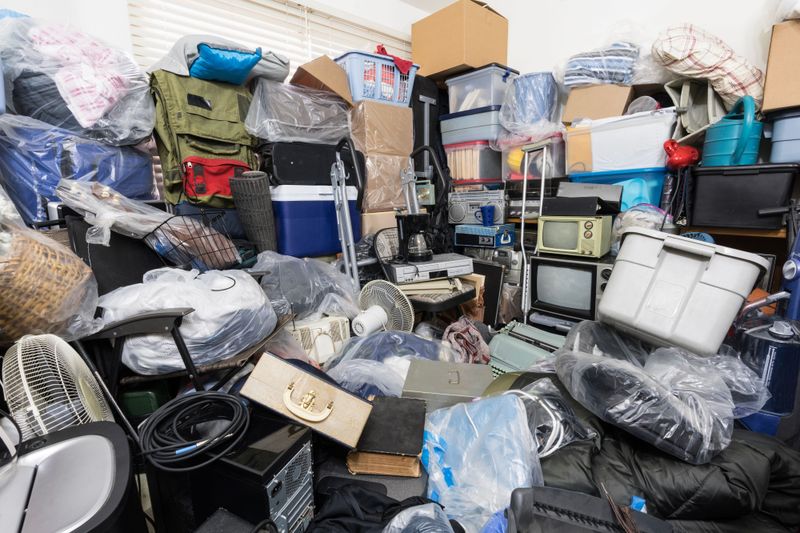
A once-tidy home becoming cluttered can indicate an elderly person is struggling. Hoarding or allowing clutter to accumulate might be a sign of mental health issues or an inability to manage daily tasks. Items may pile up because of emotional attachment, or they simply can’t physically organize things anymore.
Visiting regularly and offering to help sort and clean can be beneficial. It’s important to address this issue sensitively, as the clutter might represent security or memories for them.
4. Social Withdrawal

Social withdrawal is a significant sign that an elderly person might be neglecting themselves. They may stop participating in activities they once enjoyed or avoid social interactions altogether. This behavior can stem from depression, anxiety, or even hearing loss, which makes communication difficult.
Encouraging social interaction is key. Suggesting club activities, community events, or even regular family gatherings can help them reconnect with others and rekindle joy in social interactions.
5. Neglected Medical Appointments

Missing medical appointments is a serious concern. It can lead to unmanaged health conditions and further complications. Forgetfulness or transportation issues are common reasons appointments are missed.
Family members should consider setting up reminders or arranging transportation. Some may benefit from companion care during visits to understand medical instructions better. Ensuring they keep up with medical care is crucial to maintaining their health.
6. Poor Nutrition
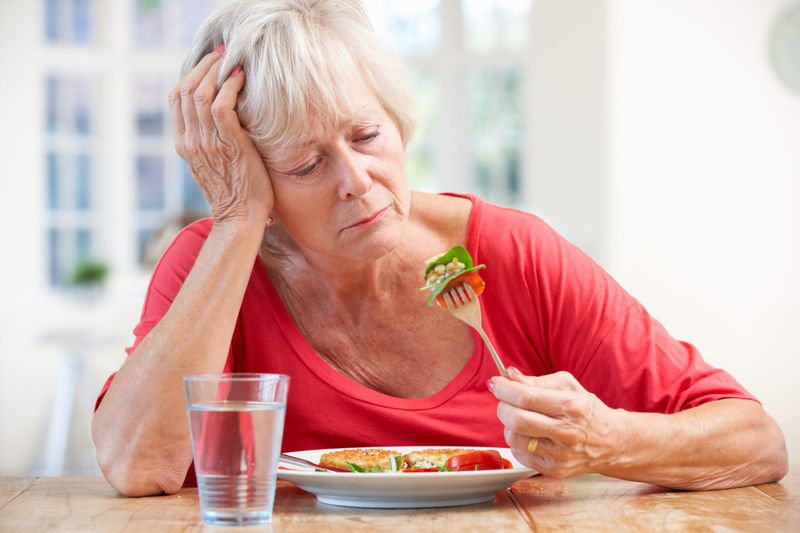
Poor nutrition often goes unnoticed. Elderly individuals may struggle to prepare balanced meals, leading to inadequate nutrition. This might be due to physical limitations, lack of knowledge, or financial constraints.
Family members should periodically check the food availability and quality. Arranging nutritious meal services or preparing meals in advance is helpful. Proper nutrition plays a crucial role in overall health and vitality.
7. Untreated Physical Ailments
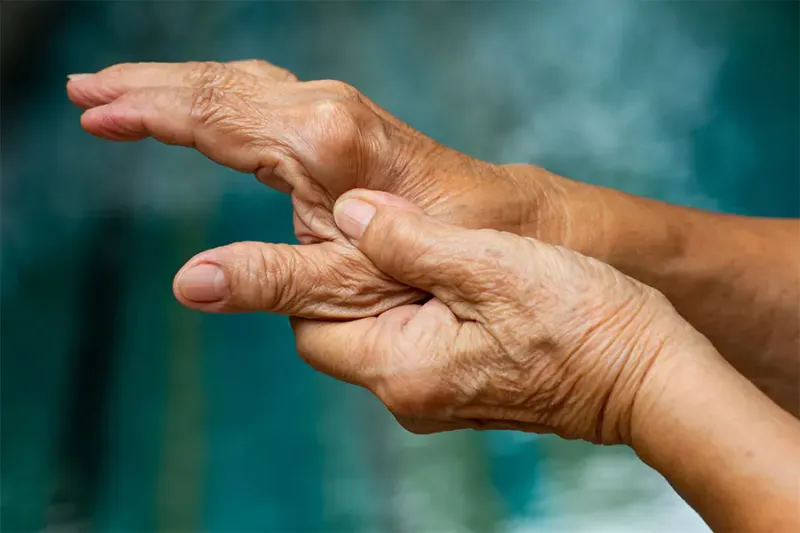
Untreated physical ailments can significantly impact an elderly person’s quality of life. Whether it’s arthritis, dental issues, or chronic pain, ignoring these problems can lead to further complications.
Encouraging regular medical check-ups and ensuring they have access to their prescriptions is vital. Sometimes, they might hide their pain to avoid being a burden. Open communication and empathy can help address these issues promptly.
8. Depression Symptoms

Depression in the elderly often goes unnoticed. Symptoms like prolonged sadness, apathy, and sleep disturbances might be misattributed to aging. This can result in self-neglect and withdrawal from life.
Family involvement is crucial. Encouraging them to speak with professionals and seeking therapy can make a difference. Creating an environment full of love and support is essential in overcoming these feelings.
9. Financial Mismanagement
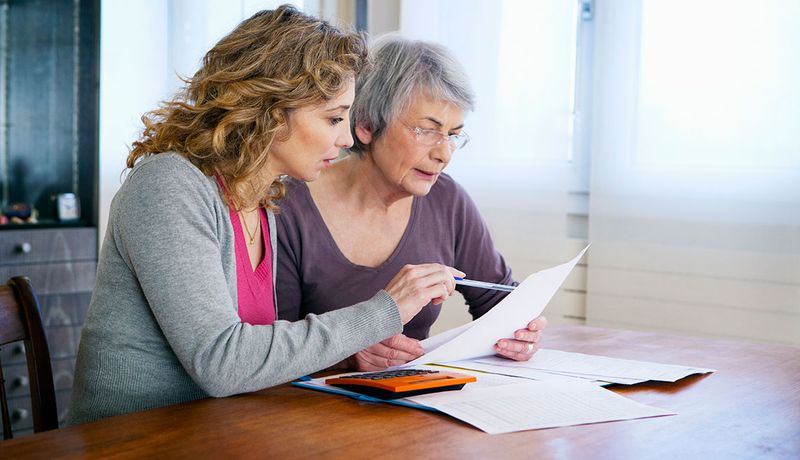
Financial mismanagement can be a subtle sign of self-neglect. Unpaid bills and poor money management might result from cognitive decline or lack of organizational skills.
Regularly reviewing their financial situation and providing assistance when needed helps. Professional financial advisors can offer beneficial support. Ensuring their financial health is part of their overall well-being.
10. Lack of Mobility Aids

Mobility challenges become more pronounced with age. An elderly person neglecting to use mobility aids can lead to falls or accidents, impacting their safety and independence.
Encouraging the use of canes, walkers, or other aids is crucial. Introducing them gradually and positively can make acceptance easier. Ensuring their home environment is safe and free from hazards is also essential.
11. Disinterest in Hobbies
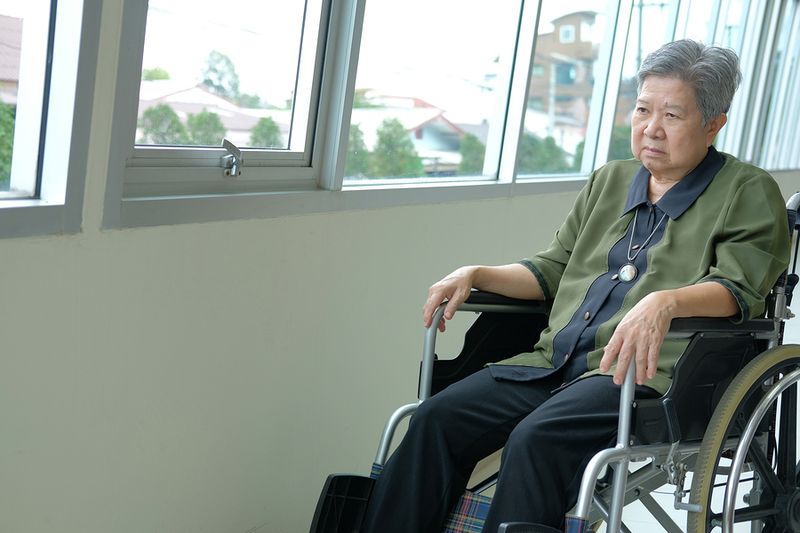
A sudden disinterest in hobbies can be alarming. It may signify that an elderly person is losing motivation or battling underlying issues such as depression or fatigue.
Re-engaging them with their passions requires patience and creativity. Encouragingment to pursue interests in a group setting may rekindle their enthusiasm. Support from family and friends can also play a pivotal role in reviving old joys.
12. Neglected Home Maintenance
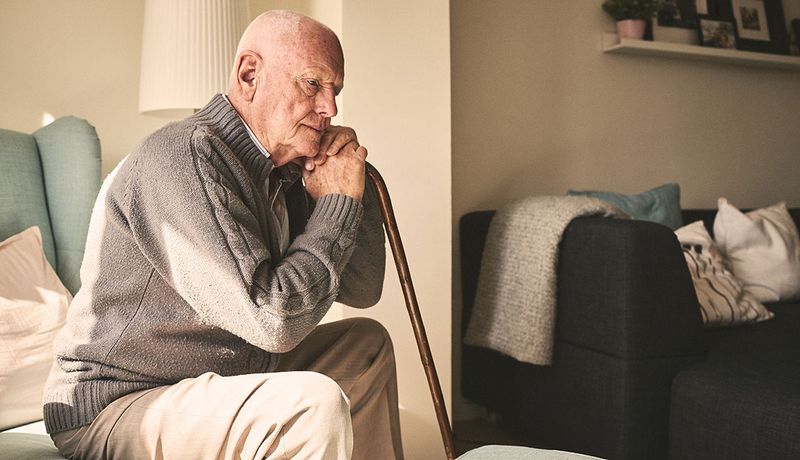
When an elderly person’s home starts to fall into disrepair, it can be a sign they’re overwhelmed. Maintenance tasks may become too daunting due to physical limitations or forgetfulness.
Offering help or hiring professionals for regular upkeep can alleviate stress. Ensuring their home remains safe and comfortable is vital for their well-being. Regular checks and support can make a big difference.
13. Poor Memory and Cognitive Decline
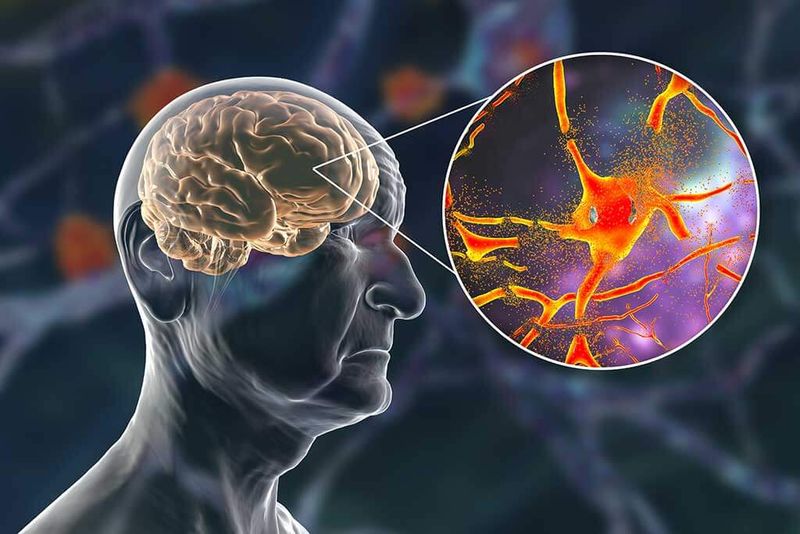
Memory lapses and cognitive decline are natural but can indicate more serious issues when they start affecting daily life. Forgetting appointments, repeating questions, or losing track of conversations can be troubling signs.
Early intervention is key. Encouraging mental exercises and seeking medical evaluation helps manage these changes. Understanding and patience from loved ones provide comfort and reassurance.

Well, hello there!
My name is Jennifer. Besides being an orthodontist, I am a mother to 3 playful boys. In this motherhood journey, I can say I will never know everything. That’s why I always strive to read a lot, and that’s why I started writing about all the smithereens I came across so that you can have everything in one place! Enjoy and stay positive; you’ve got this!

